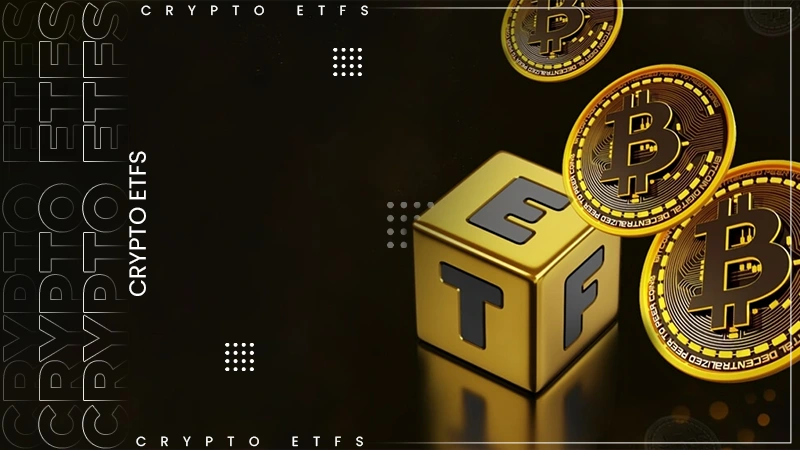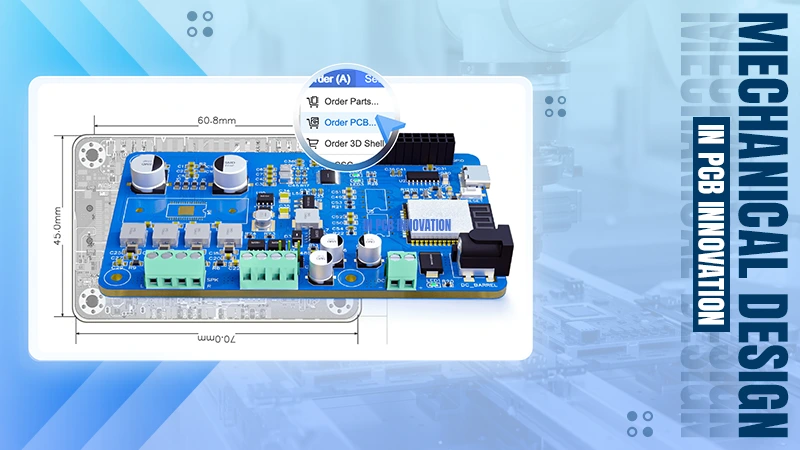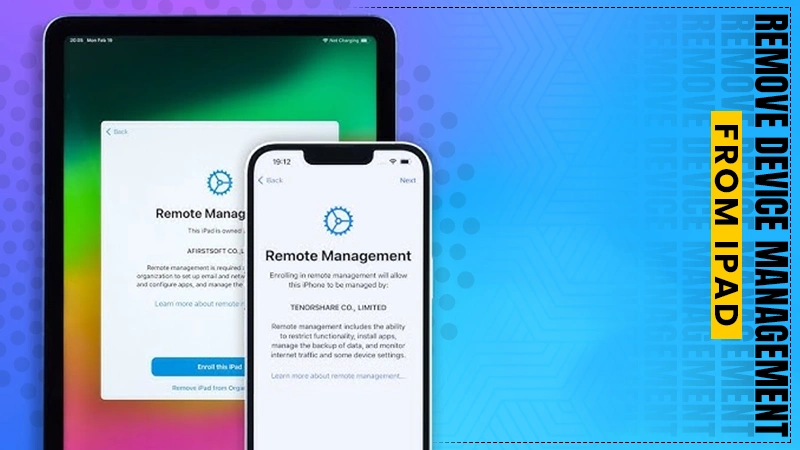Crypto ETFs: 4 Fresh Picks Shaking Up the Market

Cryptocurrency is no longer a buzzword reserved for tech geeks and Wall Street pros. As digital assets go mainstream, everyone from retail investors to institutional players is searching for smarter ways to get in on the action. Enter the cryptocurrency ETF (Exchange-Traded Fund) – a gateway that allows investors to dip their toes into the world of crypto without buying and managing individual coins. If you’re eyeing the crypto market but don’t want to deal with the drama of trading tokens directly, these ETFs are worth checking out.
The Crypto Revolution in Your Portfolio
The rise of cryptocurrency ETFs offers a streamlined way to get involved in digital assets, blending the accessibility of stocks with the dynamic potential of crypto. It’s all about convenience. ETFs bundle a variety of investments, giving you a piece of the crypto pie while minimizing some of the risks. Instead of holding individual coins, which can be notoriously volatile, ETFs offer exposure to a basket of assets, making it easier to ride the crypto wave without too many wild swings.
There are a few types of crypto ETFs out there. Some focus on Bitcoin, some on Ethereum, while others hold a mix of digital assets or companies directly involved in the blockchain space. Whatever your preference, these ETFs give you crypto exposure without the hassle of securing your own private keys. Now, let’s take a closer look at current options that are making waves in the ETF space.
Riding the Wave with Tokenization: The Power of RWA
Among the hottest trends in cryptocurrency ETFs is the incorporation of real-world asset (RWA) tokenization. This phrase might sound a bit futuristic, but it’s the next logical step in integrating crypto with traditional finance. RWA tokenization essentially digitizes physical or financial assets like real estate, art, or even gold, allowing them to be traded like any other cryptocurrency. For investors, this opens up a whole new world of possibilities.
Take RWAs and throw them into an ETF, and you’ve got a game-changer. Instead of just speculating on the price of Bitcoin or Ethereum, you can invest in a more diverse, stable portfolio. Some of the most promising ETFs have already started embracing RWA tokenization, giving investors a way to profit from both the crypto and traditional asset markets. It’s like having one foot in the digital future and one in the real world. As this sector grows, expect to see more funds hopping on the RWA bandwagon, driving long-term value while sidestepping the notorious volatility of the crypto market.
Traditional Crypto ETFs: Balancing Risk with Reward
When it comes to standard cryptocurrency ETFs, there are several big players that continue to dominate the scene. These ETFs are designed to provide exposure to popular digital assets without the headaches of directly holding or trading cryptocurrencies.
The real question a lot of people are asking is: Is trading crypto a good idea? The answer, like most things in finance, is “it depends.” Crypto has gained massive attention, but it’s also known for wild market swings. Crypto ETFs help mitigate some of that risk by spreading investments across multiple assets or by giving investors exposure to companies that support blockchain technologies rather than just the currencies themselves. This diversification can offer more stability than buying and holding individual coins like Bitcoin or Ethereum, which are still highly speculative.
One of the best strategies is to start small and stay informed. For those who believe in the future of decentralized finance but don’t want to dive in headfirst, ETFs can offer a safer, more measured approach to entering the crypto space.
Ethereum and Bitcoin ETFs: The OGs of the Game
Bitcoin and Ethereum ETFs are still the heavyweights when it comes to cryptocurrency ETFs. These funds typically hold futures contracts or shares in companies directly involved in the blockchain ecosystem, giving investors a chance to capitalize on the most established digital currencies.
Bitcoin ETFs have been around for a while and remain the go-to for many investors. They provide a straightforward way to get Bitcoin exposure without the need to open a crypto wallet or manage your private keys. While Bitcoin is often viewed as digital gold, Ethereum ETFs are also gaining traction. Ethereum’s role in decentralized apps, smart contracts, and DeFi (decentralized finance) makes it more than just a cryptocurrency; it’s a platform for innovation. Investing in Ethereum ETFs can give you access to the broader world of decentralized tech.
While these two digital assets are still the kings of the hill, the ETF landscape is starting to shift as more tokens and blockchain innovations come into play. Keep an eye on how these products evolve, especially as Ethereum continues to roll out upgrades that will likely affect its long-term valuation.
The New Kids on the Block: Diversified Crypto ETFs
Crypto is a fast-evolving space, and so are the ETFs that follow it. Some of the newest funds in the market focus on a broader range of assets or blockchain tech itself, offering more diversified exposure. For instance, there are ETFs that hold stocks of companies engaged in the crypto industry, like mining operations or blockchain developers. This allows investors to benefit from the growth of crypto without directly investing in digital currencies themselves.
One standout option is funds that target companies building out the infrastructure of the crypto economy rather than the assets themselves. These ETFs could include businesses involved in blockchain solutions, payment processing, or even cybersecurity for crypto platforms. This indirect exposure can sometimes be a less risky way to get in on the action. As crypto becomes more ingrained in global finance, these kinds of funds may prove to be long-term winners.
Cryptocurrency ETFs are quickly becoming a favorite among investors who want in on the crypto craze without the stress of direct coin ownership. Whether you’re looking to dip your toes into Bitcoin or explore the game-changing potential of RWA tokenization, there’s likely an ETF out there that aligns with your goals. Keep your eyes on this space because as the world of digital assets evolves, so will the opportunities for investors.












